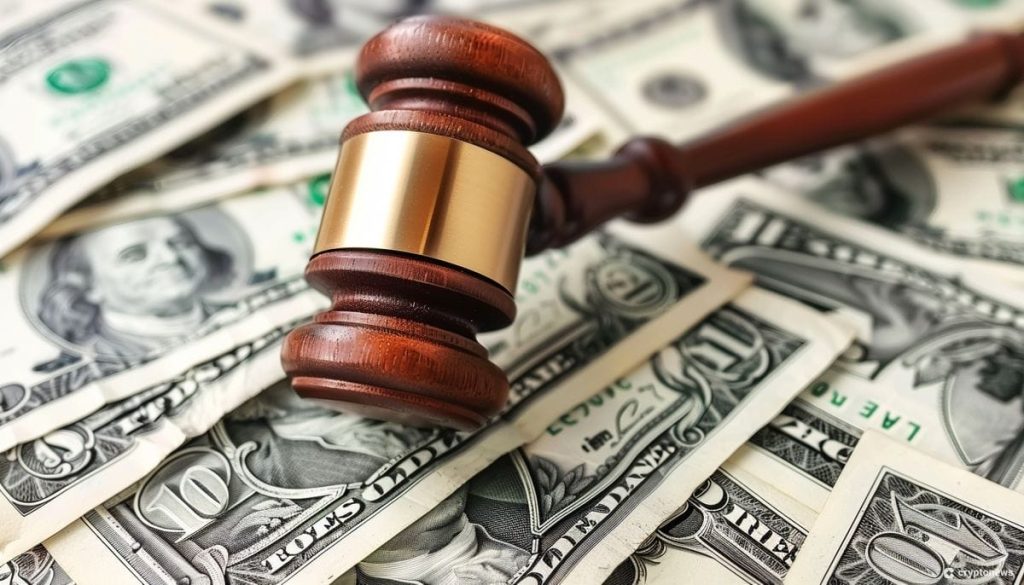The FTX estate has divested its remaining shares in Anthropic, an AI startup known for its chatbot Claude, for approximately $450 million. The total earnings from FTX’s initial $500 million investment in Anthropic now stand at around $1.3 billion, resulting in a profit of roughly $800 million. The price per share for this second sale matched that of the first sale conducted in March. Global venture capital fund G Squared led the buyers in this round, acquiring one-third of the remaining shares for $135 million. Other venture capital funds constituted the majority of the remaining 20 buyers involved in the acquisition.
In parallel, the cost of the FTX bankruptcy has surged past $500 million in legal and administrative fees. FTX creditors have expressed concerns regarding a potential conflict of interest as the primary law firm managing FTX’s bankruptcy, Sullivan and Cromwell, had previously represented FTX. An independent examiner has been appointed, and a class-action lawsuit has been triggered. FTX CEO John Ray has submitted a bill of $5.6 million to the estate, reflecting his hourly rate of $1,300. The estate aims to repay at least 118% of allowed claims to 98% of its creditors.
Former FTX Co-CEO Ryan Salame has been sentenced to 7.5 years in prison after pleading guilty to two felony charges. The sentencing took place in the US District Court for the Southern District of New York, with Judge Lewis Kaplan presiding over the case. Salame had requested leniency in the form of an 18-month sentence. Meanwhile, former FTX CEO Bankman-Fried has filed to appeal his conviction and sentence for fraud and conspiracy charges. The disgraced crypto boss was convicted last November and sentenced to 25 years in prison. The FTX bankruptcy estate aims to initiate repayments to customers by the end of 2024.
During a meeting of FTX Digital’s Joint Official Liquidators in the Bahamas, the FTX bankruptcy estate outlined its target to begin repayments to customers by the end of 2024. The FTX bankruptcy consists of two distinct processes, including the Chapter 11 bankruptcy overseen by a Delaware court in the United States and the official liquidation of FTX Digital, the Bahamas-based subsidiary of FTX. The estate aims to repay at least 118% of allowed claims to 98% of its creditors, measured in dollar value at the time of FTX’s bankruptcy filing. The situation surrounding FTX’s bankruptcy has raised concerns among creditors and led to the appointment of an independent examiner and a class-action lawsuit.


